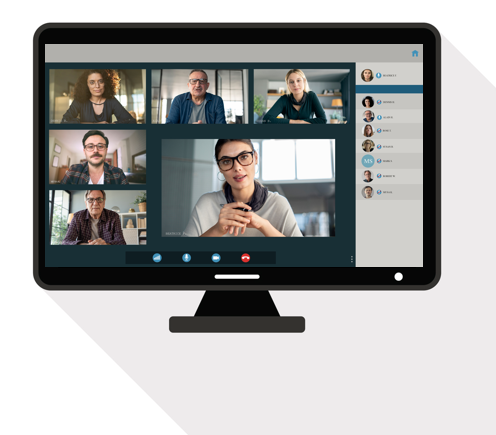So, You are Listening, but Do Your Stakeholders Feel They are Being Heard?
- David Brake

- Jan 15, 2024
- 2 min read
Updated: Jan 5

Most of us were taught the importance of listening in kindergarten because listening is part of the learning process. It is an essential and durable skill.
We must learn to listen, so we can listen to learn.
In today's business environment we have fancy phrases and sophisticated methodologies for listening to our stakeholders (customers, constituents, employees) including:
User Experience (UX)
Stakeholder Journey Maps
Advisory Panels
Surveys, Polls, and Reviews
Focus Groups
Artificial Intelligence (AI) is opening new approaches to listening. We can analyze the words used by a target audience or market and find interesting patterns, assess sentiments, and come to a better understanding of how people feel and how likely they might be to accept a new product, service, program, or policy. AI is getting good at evaluating body language and facial expressions, a tremendous benefit to understanding what somebody is "really saying" and narrowing the gap between verbal and non-verbal communication. However, sophisticated listening is not necessarily authentic listening.
The danger of more sophisticated listening is two-fold:
You run the risk of turning those you are listening to into elements of a formula that bypasses some of the things that are crucial to authentic listening.
You can easily sacrifice the real impact and benefits of authentic stakeholder engagement.
Our Kindergarten teachers knew that we needed to be engaged before we could be effective listeners. We needed to care enough to listen. Most of us didn't even know how to spell A-U-T-H-E-N-T-I-C at that age, but we most likely felt it.
Engagement is a dynamic process that cannot be a transactional, one-and-done activity. For engagement to be successful, it needs to become part of the culture of an organization or school community. As you establish a culture of engagement you can begin to see how the individual insights and collective wisdom of an engaged community can help address challenges, articulate common aspirations, and ultimately elevate the efficacy of products, services, programs, practices and policies. You will learn more when you are listening to people that have been authentically engaged.
When you are engaging people in authentic activities, you will, at most, make them advocates and champions. At a minimum, you are giving them an opportunity to feel they have been heard, which is different from having been listened to as part of a transaction.
For more than two decades, Grandview has been helping our clients listen to their stakeholders. It starts by authentically engaging those stakeholders. It places great emphasis on connecting with stakeholders, so they know they have been heard, that their insights and opinions matter. We know there is big a difference between having been listened to and having been heard.
To learn more about how Grandview can help your organization elevate its impact by authentically engaging your stakeholders, connect with us. We'd love to learn more about who you're listening to, what you're listening for … and if your stakeholders feel they are being heard. We can help you elevate your impact.
ABOUT THE AUTHOR
David Brake is the founder and CEO of The Grandview Group, a consulting firm that helps organizations engage their stakeholders and elevate impact. We would love to talk with you about how your organization is engaging stakeholders and elevating impact.






Comments